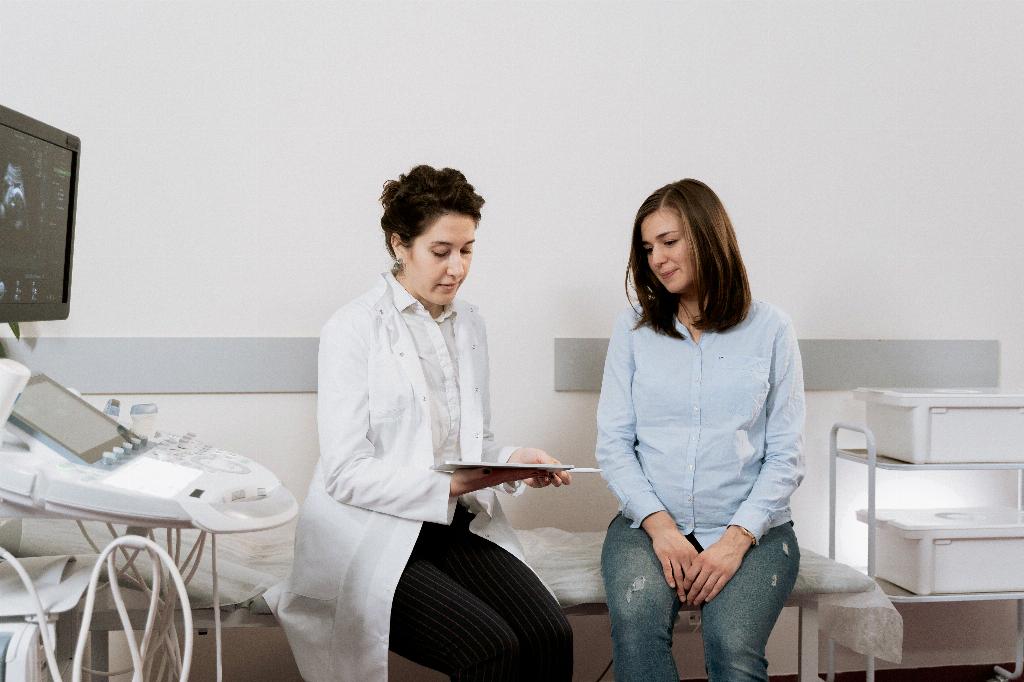If you’re pregnant, you may have concerns about whether or not you are leaking amniotic fluid. This is a valid concern, as amniotic fluid leakage can indicate a potential issue with your pregnancy. Understanding the signs and symptoms of leaking amniotic fluid is crucial for ensuring the health and safety of both you and your baby.
Signs and Symptoms
There are several key signs and symptoms to look out for when determining if you are leaking amniotic fluid. One of the most common indicators is experiencing wet underwear on a consistent basis. This fluid is typically odorless and colorless, distinguishing it from other types of vaginal discharge. If you find yourself needing to change your underwear multiple times a day due to wetness, it could be a sign of amniotic fluid leakage.
Decreased Baby Movement
Another important symptom to pay attention to is a decrease in the movement of your baby in the uterus. If you notice a significant reduction in your baby’s usual activity levels, especially after already experiencing a substantial loss of fluid, this could be a sign of amniotic fluid leakage. It’s essential to monitor your baby’s movements regularly and consult with your healthcare provider if you have any concerns.
Additional Symptoms to Consider
Aside from wet underwear and decreased fetal movement, there are other symptoms that may indicate the presence of amniotic fluid leakage. These include a continuous trickle of fluid that feels like urine but is not accompanied by the urge to pee, as well as a sudden gush of fluid that can be a clear sign of a significant leakage.
Testing for Amniotic Fluid Leakage
If you suspect that you may be leaking amniotic fluid, it’s essential to seek guidance from your healthcare provider. They can perform various tests to confirm the presence of amniotic fluid, such as checking the pH levels of the fluid or conducting an ultrasound to assess the volume of amniotic fluid surrounding your baby.
Importance of Prompt Evaluation
It’s crucial not to ignore potential signs of amniotic fluid leakage, as this could lead to complications for both you and your baby if left untreated. Prompt evaluation and diagnosis by a medical professional are essential for addressing any issues related to amniotic fluid leakage and ensuring the best possible outcome for your pregnancy.
When to Seek Medical Help
If you experience any of the symptoms mentioned above or have concerns about leaking amniotic fluid, it’s important to contact your healthcare provider immediately. They can assess your situation, perform necessary tests, and provide appropriate guidance on how to proceed based on their evaluation.
Preventing Complications
Early detection of amniotic fluid leakage is key to preventing potential complications during pregnancy. By staying vigilant about the signs and symptoms, you can take proactive steps to address any issues promptly and ensure the well-being of both you and your baby.
Self-Care Tips
While it’s essential to seek medical advice if you suspect amniotic fluid leakage, there are some self-care tips you can follow in the meantime. These include staying well-hydrated, getting plenty of rest, and avoiding strenuous activities that could potentially exacerbate the situation.
Final Thoughts
In conclusion, being aware of the signs and symptoms of amniotic fluid leakage is crucial for maintaining a healthy pregnancy. By promptly seeking medical evaluation and following appropriate guidance, you can ensure the best possible outcome for you and your baby. Remember to prioritize your well-being and don’t hesitate to reach out to your healthcare provider if you have any concerns.

